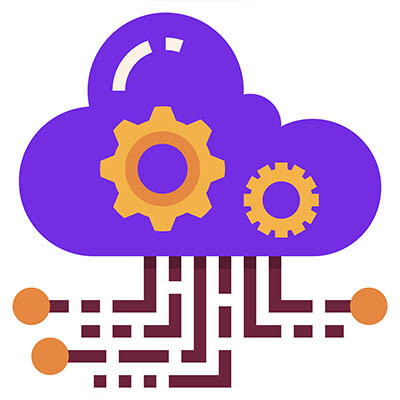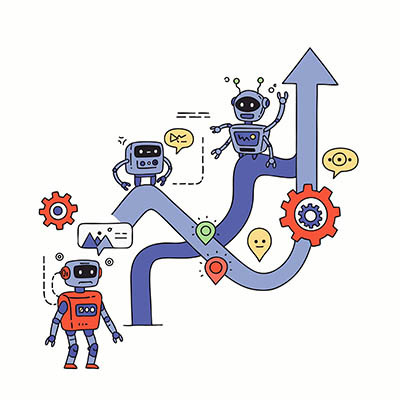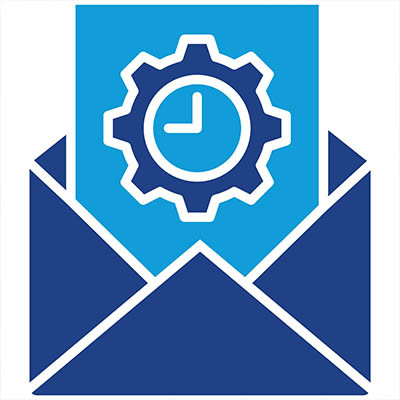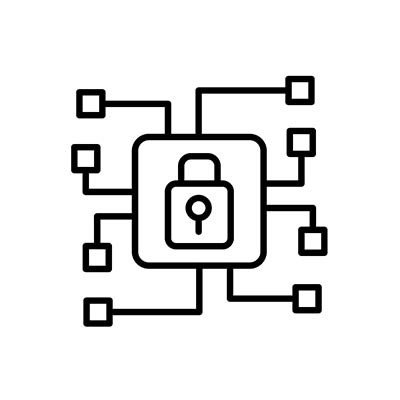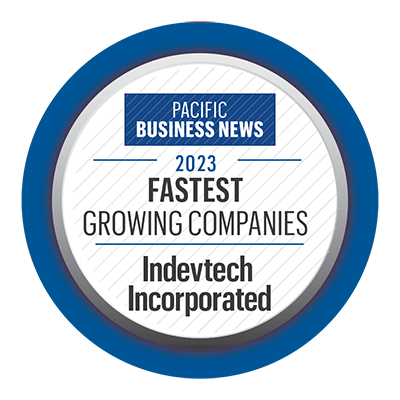Indevtech Blog
For most businesses, integrating artificial intelligence isn't just about picking the right software; it’s about doing what you can to properly feed the beast. AI runs on data, and if that data is a chaotic mess, your expensive tools will be trying to solve a puzzle with half the pieces missing and the other half upside down.
What does your perfect help desk solution look like? Too many businesses look at it like the emergency option or the place to go when you need immediate support, but that’s a hard way to judge its value to your business. When it’s not used, it might seem like you’re paying a whole lot for nothing much, but you can change this perception by reimagining what the help desk does for your business.
AI tools like Microsoft 365 Copilot have moved from hype to expectation. SMB leaders now expect their teams to work faster and smarter with AI support — drafting content, extracting insights from meetings, and turning data into decisions. But whether Copilot delivers on that promise depends on something most businesses overlook.
Every day, countless chats are sent between colleagues as they go about their duties. If your business uses Google Chat to send these messages, then you have the capability of scheduling chats for a later date. This neat little feature is hidden right in plain sight, too, so don’t feel bad about not seeing it. The question now is what are you going to use it for, and how do you schedule chats in the first place?
Sometimes, it can seem that business technology is a bit like the weather—just wait five minutes, and it’ll change. However, for a small business, those changes can sometimes feel less like a refreshing breeze and more like a localized thunderstorm inside your server room. Of course, when you're busy running a business, you shouldn't have to be an amateur sleuth to figure out why your Wi-Fi is acting up.
Here are a few common technology oddities your team might encounter, along with how a proactive partner keeps the "glitches" at bay.
SaaS—Software as a Service—is a hugely effective tool for businesses of all sizes. That said, like any tool, it can quickly become a weapon against your success… slowly cutting into your business until you suddenly realize your budget has been bleeding out.
Let’s talk about what makes SaaS either a great tool or your biggest internal threat, depending on how you manage it.
Some of the hardest cybersecurity lessons are only learned after the fact. Whether it’s a data breach caused by poor security practices or simple human error, the end result is the same: a loss of time, money, and reputation. You can learn these simple security lessons now and save yourself a lot of hurt along the way.
Cybersecurity is a topic near and dear to most business owners’ hearts. You might not specialize in securing your infrastructure, but it’s still a vital factor that cannot be ignored. Today, we want to cover how you can make cybersecurity as easy as possible for your team so they don’t accidentally put your business at risk.
You might like to think your team keeps to your officially assigned technology, but is this actually the case for your business? The real world is often messier and less clear-cut, and you might have a team that has downloaded unapproved tools to their devices in an effort to make their workdays easier. You have a responsibility to manage this chaos—also known as shadow IT—before it becomes your company’s downfall.
Imagine finalizing a high-stakes client proposal, only to realize—seconds before the ink dries—that your AI assistant generously included a 50 percent discount on your most profitable service.
It sounds like a corporate fever dream, but in the world of unmanaged AI, it is a very real possibility. While artificial intelligence is a powerhouse for productivity, it is only an asset if there is a human at the wheel. Without a sanity check, AI can quickly transition from a helpful tool to a liability.
If you think your business is immune to the dangers of cybersecurity attacks, think again. Cybercriminals don’t discriminate, and they’ll attack you just as readily as a larger enterprise simply due to your weaker network security. If you want to keep your business from suffering a cybersecurity attack needlessly, we’ve got just the thing for you.
As IT administrators, we spend our days securing networks and managing cloud migrations, yet one of the biggest budget leaks often sits right in the corner of the office: the printer.
If you have not taken a serious look at your organization’s printing costs lately, the numbers are staggering. The average organization spends between 1% and 3% of their annual revenue on printing. That comes out to roughly $750 per employee every year. With a strategic digital transformation, however, these costs stop skyrocketing; they start vanishing.
The AI honeymoon phase is officially over. In 2026, the question isn’t whether your business is using AI, it’s whether you’ve handed it the keys to the building without a background check. As IT providers, we’re seeing a surge in emergency room calls from companies that treated AI as a set-it-and-forget-it miracle. To keep your organization from becoming a cautionary tale, you need to stop trusting the machine blindly and start managing it strategically.
Sometimes it feels like a lot to ask for small businesses to invest in new technology, even if that technology is beneficial to their mission. There’s a better way to access the right hardware for the job, though, and it stems from the cloud. By moving some of your hardware to the cloud, you can save money and frustrations during implementation and operation, all while enjoying greater security.
It is common to spend more time discussing tasks than actually completing them. Consider how many email threads you have managed recently that consisted entirely of back-and-forth volleys about logistics. This constant chatter regarding meeting windows, calendar availability, and repetitive explanations creates significant administrative friction. It is a drain on your energy and a major waste of your professional hours.
We are exploring three specific strategies to automate your communication and scheduling so you can finally focus on your core work.
We’d be the first to admit it: my team and I put a lot of emphasis on security.
That said, we’d argue that this emphasis is completely warranted, especially considering how intent modern cybercriminals are to accomplish their goals. It’s gotten to the point where you really can’t trust anyone… not even the people you’ve hired to work for your business. It’s an unfortunately necessary mindset that today’s business owners must adopt.
This is why establishing zero-trust security standards is so critical.
Most stories you consume will follow the format of introduction, rising action, conflict, falling action, and resolution. The tense parts of the story, the rising action and conflict, are what drive it forward, and they’re also what make things interesting along the way. That said, you can’t run your business like a story, and you can’t run your IT in this way either.
If you’ve ever looked at your phone—or your laptop, or whatever allegedly “smart” device you happened to be using—and wished that things were how they used to be, you certainly aren’t alone. You aren’t imagining things, either… this perception of the products and services we rely on getting worse over time is widespread enough to have its own term, which has expanded beyond its social media-specific origins to all technologies, regardless of whether it's hardware or software. This term was actually named to be 2023’s Word of the Year (per the American Dialect Society), beating “AI” in relevance.
That word? Enshittification, as coined by tech critic and author Cory Doctorow. Let’s explore the concept and what it inevitably leads to.








